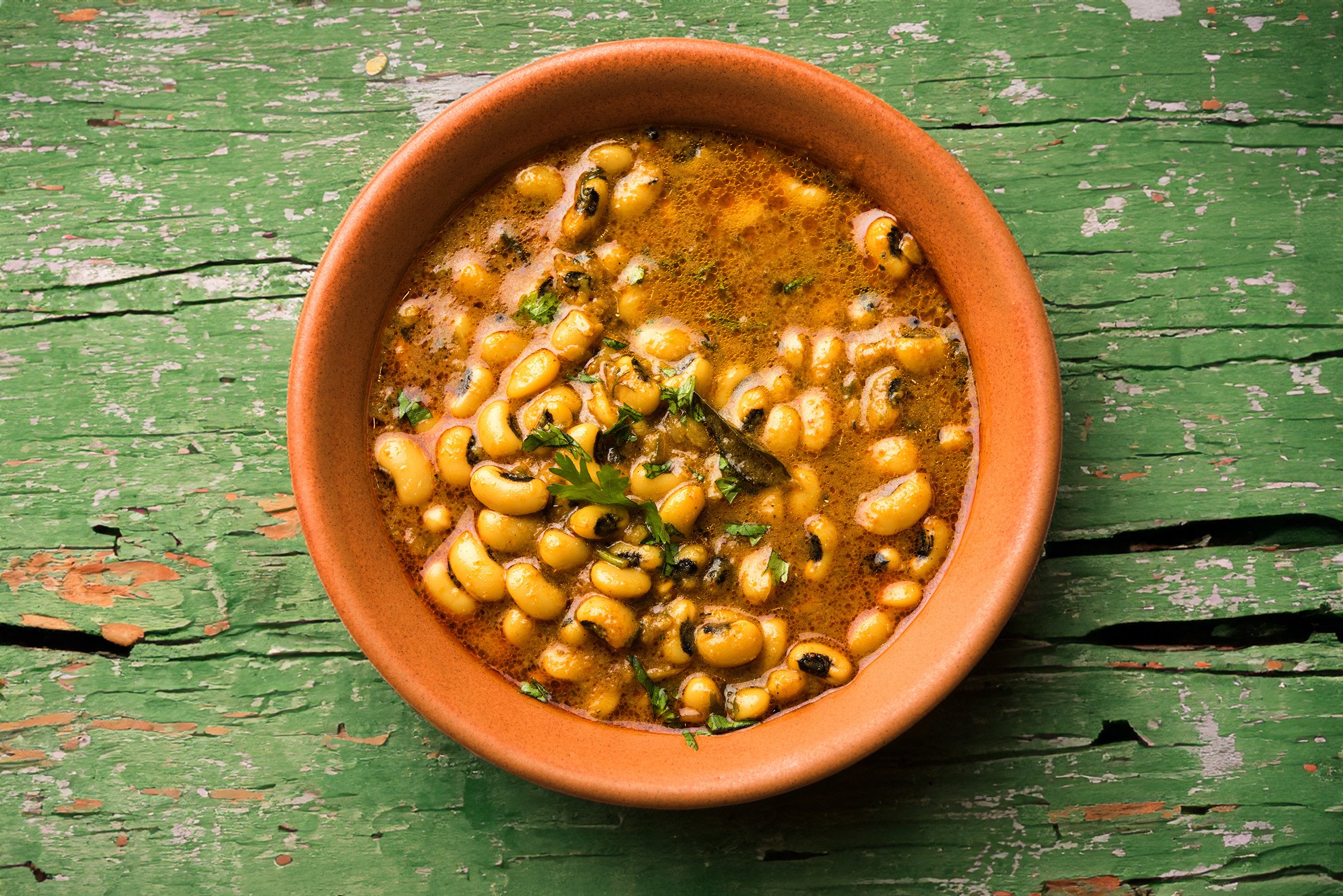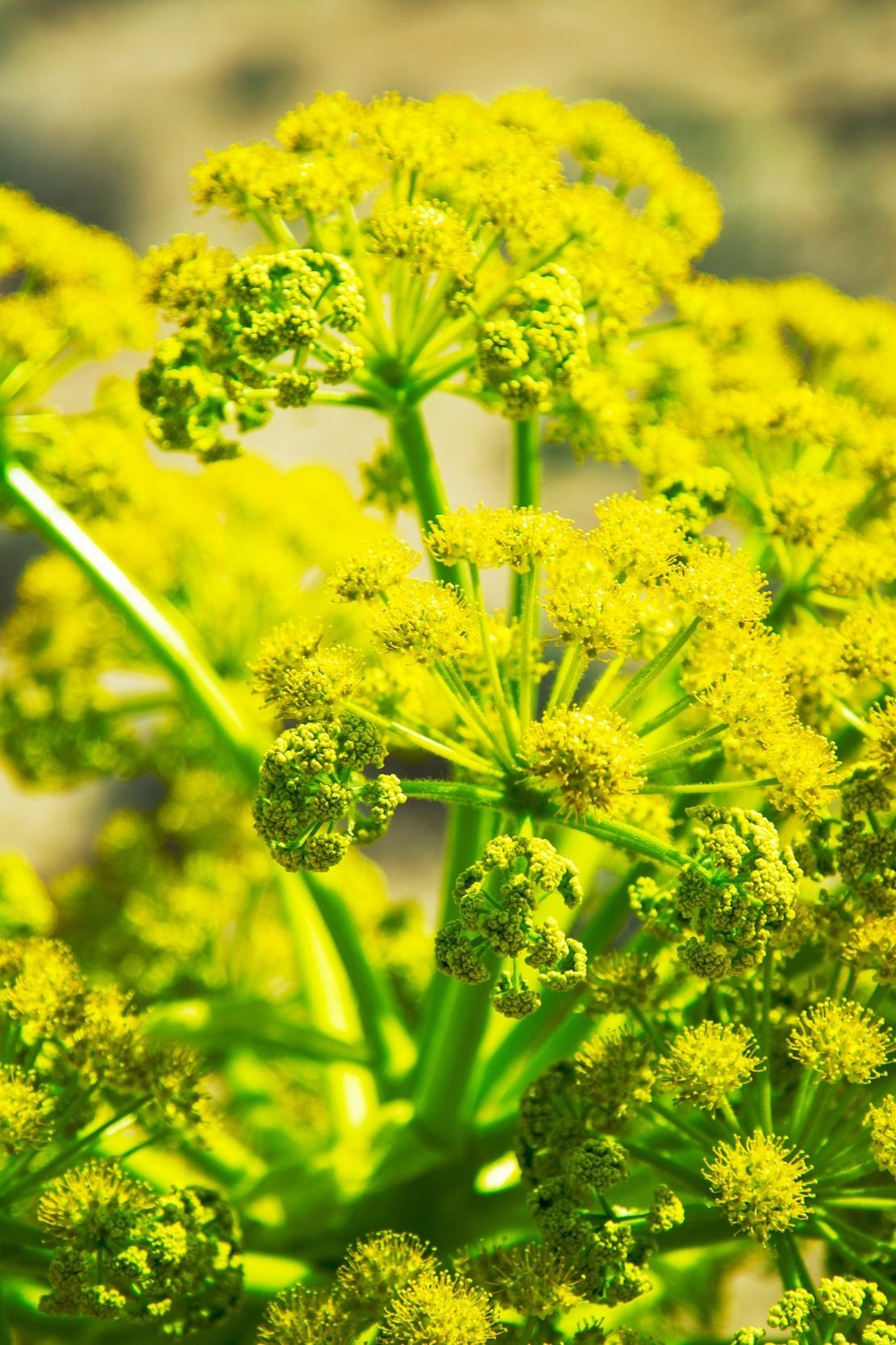Lobia masala: black-eyed peas curry
Lobia Masala or Black Eyed Peas Curry is a popular dish in North India (and Pakistan), and very easy to make in a pressure cooker or instant pot (see boxed text below) . It is made in an onion-tomato gravy, with ginger, garlic and a tasty combination of spices. You can enjoy lobia with basmati rice, brown rice, but also buckwheat or quinoa combine really well . This is a vegan and gluten free recipe without oil. I adjusted a version I published earlier in my book Street Food India, which contained oil.
My first time enjoying Lobi Masala was in a village on the Indian-Paikistani border, it was her recipe I adjusted here
To avoid confusion: I do not advertise the instant pot for any money and am not affiliated with the company in any way.
Since I am the happy owner of an instant pot (I’ve invested in this one), I make many more Indian dals, legume stews, soups and endless more (freezer friendly) meals. The ingenious device has a timer, so you can decide when your food should be ready. After a long walk in the woods, when you come home from an assignment, after chopping firewood or working in the garden for a few hours?
An Instant Pot is a multicooker that has many of functions, including pressure cooking, slow cooking, rice cooking, steaming, warming and sautéing — all in one appliance that helps expedite the cooking process.
It took me a while to get the perfect oil-free instant pot dal or curry recipe (always prepared dal in a regular pan), but this recipe is close to perfect taste, just as I remember it from India. I like to make a large portion on the weekend and freeze it in parts. This way I always have stock for the days when I don't feel like cooking.
Even if you don't have an instant pot and don't plan to buy one at all, the curry is still delicious and the ‘normal’ recipe is below.
What you need
2 cups dried black-eyed peas
1 large onion, diced
2 tsp cumin seeds
1/8 tsp asafoetida or hing (optional, see boxed text below)
1 tbs ginger-root minced (or use ginger paste)
1 tbs garlic, minced
1/4-1/2 tsp cayenne
1 tsp turmeric
2 cans diced tomato
2 tsp garam masala ,
1 tsp sugar (optional)
1 tsp salt (or to taste)
chopped cilantro to garnish
What you do
Rinse the black beans and soak for minimal 8 hours. Drain them.
Heat a large non-stick pot or your instant pot/pressure cooker. Spray the bottom with cooking spray if you wish (I just use a little water) and add the onions. Stir until the onions are soft. Add the cumin seeds, the asafoetida, ginger, and garlic and stir for about a minute.
Add the drained peas and all remaining ingredients. Add 2 cups of water and bring to a low boil.
Instant pot/ pressure cooker: seal the pot, bring to high pressure, and cook for 7 minutes and allow pressure to come down naturally. Simmer uncovered for a few minutes to allow flavors to blend, and mash a few peas to thicken the sauce (I just use a wooden spoon against the side of the pot). If the peas are not soft, simmer a bit longer, without pressure cooking
Regular pot: cover and simmer until the black-eyed peas are tender (30-60 minutes).
Check taste and season with more salt or garam masala if necessary.
Sprinkle with cilantro and serve with rice or bread (or buckwheat, quinoa).
This lobia contains oil, my recipe doesn’t.
ASAFOETIDA
Asafoetida (hing in India) is a plant that has a bad smell and tastes bitter. It is sometimes called ‘devil's dung’. So why on earth would you add it to your food?
It is a dark brown, resin-like substance that is derived from the root of ferula, a perennial herb related to celery, parsley, and carrots and looks like a giant fennel plant.
When raw, hing has a distinctive, pungent smell that's often likened to boiled (rotten?) eggs or a mix of onions and sulfer. It, however, becomes tasty when added to temper a dish. Many Indians simply add a pinch directly to a dish, giving it the it has the scent of leeks or garlic. Indian Brahmins see Ferula asfoetida as a suitable replacement for garlic and onion because these vegetables are forbidden to them because they work as an aphrodisiac. I am not hindered by religion, but have come to appreciate the taste.
photo art
Have you visited our online shop?




